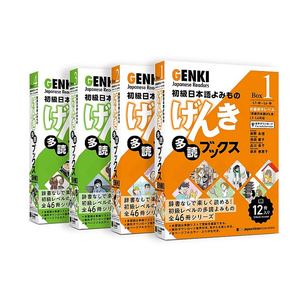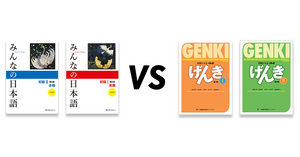A difficult sentence for Japanese learners
Japanese Twitter and blogs are abuzz about a sentence that is said to be difficult for learners of the Japanese language.

Can you spot the problem? Take a look at the 日 (day) kanji. It’s used five times in the sentence, but the reading is different each time depending on which word compound it's in.
Before we get into the breakdown of the sentence, it’s important to remember that kanji used in Japanese usually has a Chinese reading (on yomi) and a native Japanese reading (kun yomi). This, combined with the fact that some words are forced to work with existing Chinese characters, can result in complicated reading rules that learners and natives just have to remember.
Let’s take a look at the sentence in detail:
「3月1日は日曜日で祝日、晴れの日でした」
Romaji: san gatsu tsuitachi wa nichiyoubi de shukujitsu, hare no hi deshita
Translation: March 1st was a Sunday, which was sunny and a holiday.
1日
This is a special reading tsuitachi, meaning the first day of the month. If you’re a beginner or just starting to learn kanji, you might think it could simply be read as ichi nichi, but be careful! In Japanese, words for the first ten days of the month are unique.
For example, in English we don’t say “March ONE” or “March TWO”, right? We say the first, second, third, etc. It’s similar to that.
日曜日
Not so bad, but when you think about it this one is kind of tricky. This word is nichiyoubi (Sunday) but the problem is that the reading is different for the beginning 日 and the ending 日. The first 日 is read as nichi, a reading you've probably practiced if you’ve studied this kanji before.
So the ending 日 must be hi, right? Wrong. Sometimes, when kanji appear at the end of words, their sounds are modified to make them easier to say. The correct reading for the 日 at the end is bi. Think about it: which one would be easier to say in a conversation: nichiyouhi or nichiyoubi? It’s much quicker to end the word with a bi sound rather than to prepare your mouth muscles for that H sound.
祝日
Shukujitsu means national holiday. It’s amazing that the same 日 kanji can have so many readings! In this context, it is read as jitsu and NOT as any of the typical readings early learners might expect.
日
The last reading for this one is hi, the native Japanese reading (kun yomi) for the kanji. It’s easy to remember, but it can be tough to figure out when it should be used based on context.
Remember: English isn’t a perfect child either

Photo by https://writix.co.uk/
Japanese isn’t the only language that has these kinds of difficult problems for non-native speakers. English is filled with contradictions and alternative readings that don’t follow the typical rules.
Take a look at the sentences below and imagine yourself as a non-native English speaker. Finding out that a word you've learned changes pronunciation and usage depending on the context could be quite overwhelming!
Painful for students of English:
The bandage was wound around the wound.
The farm was used to produce produce.
The dump was so full that it had to refuse more refuse.
We must polish the Polish furniture.
He could lead if he would get the lead out.
The soldier decided to desert his dessert in the desert.
Since there is no time like the present, he thought it was time to present the present.
A bass was painted on the head of the bass drum.
When shot at, the dove dove into the bushes.
I did not object to the object.
The insurance was invalid for the invalid.
There was a row among the oarsmen about how to row.
They were too close to the door to close it.
The buck does funny things when does are present.
A seamstress and a sewer fell down into a sewer line.
To help with planting, the farmer taught his sow to sow.
The wind was too strong to wind the sail.
After a number of injections my jaw got number.
Upon seeing the tear in the painting I shed a tear.
I had to subject the subject to a series of tests.
How can I intimate this to my most intimate friend?
The accountant at the music store records records of the records.
All languages are challenging

No matter what language you’re learning, there are going to be rules that seem obvious to native speakers but cause you to trip up. Instead of getting frustrated, remind yourself that learners of your native language are probably going through the same process.
- Tags: kanji misc japanese
- Bryan Kuro





Comments 0